Author: Glen Jennings
-
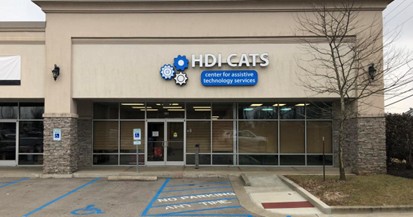
HDI CATS Expands Independence Through Assistive Technology Across Kentucky
The goal of HDI CATS (Center for Assistive Technology Services) is to help increase people’s independence using Assistive Technology (AT) across all life areas, such as daily living tasks, work, […]
-
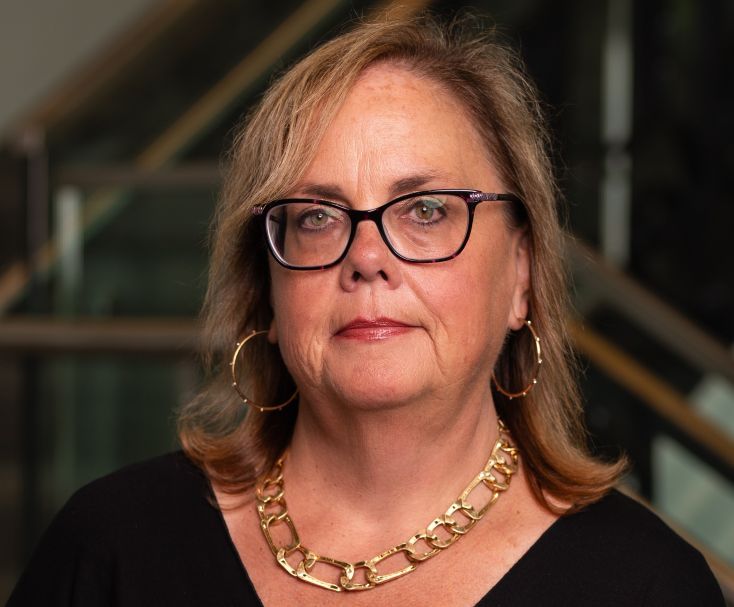
Dinah Miller receives 2026 Shouse Award
It’s not common that Dinah Miller is left at a loss for words, but hearing that she’d won the Shouse Service Award did the job. The Jacki Shouse Service Award […]
-

Beyond Social Myths: The Sensory Reality of Autism
Bev Harp also contributed to this article. When most people think of autism, they probably think of the social components, but that’s just one part of what autism is like. […]
-
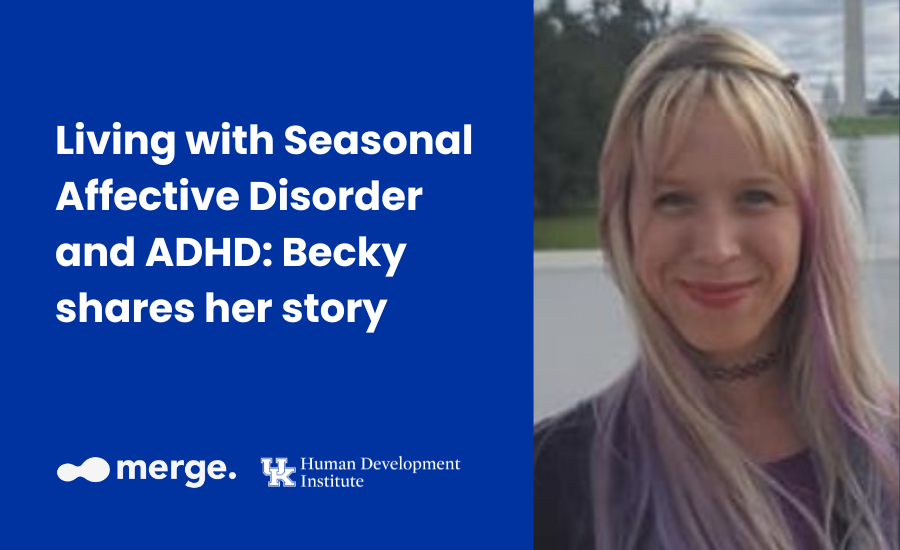
Living with Seasonal Affective Disorder and ADHD: Becky shares her story
Becky Barnes always gets anxious as the cool weather starts setting in because she knows it can be an especially difficult time of year for her. Barnes is one of […]
-
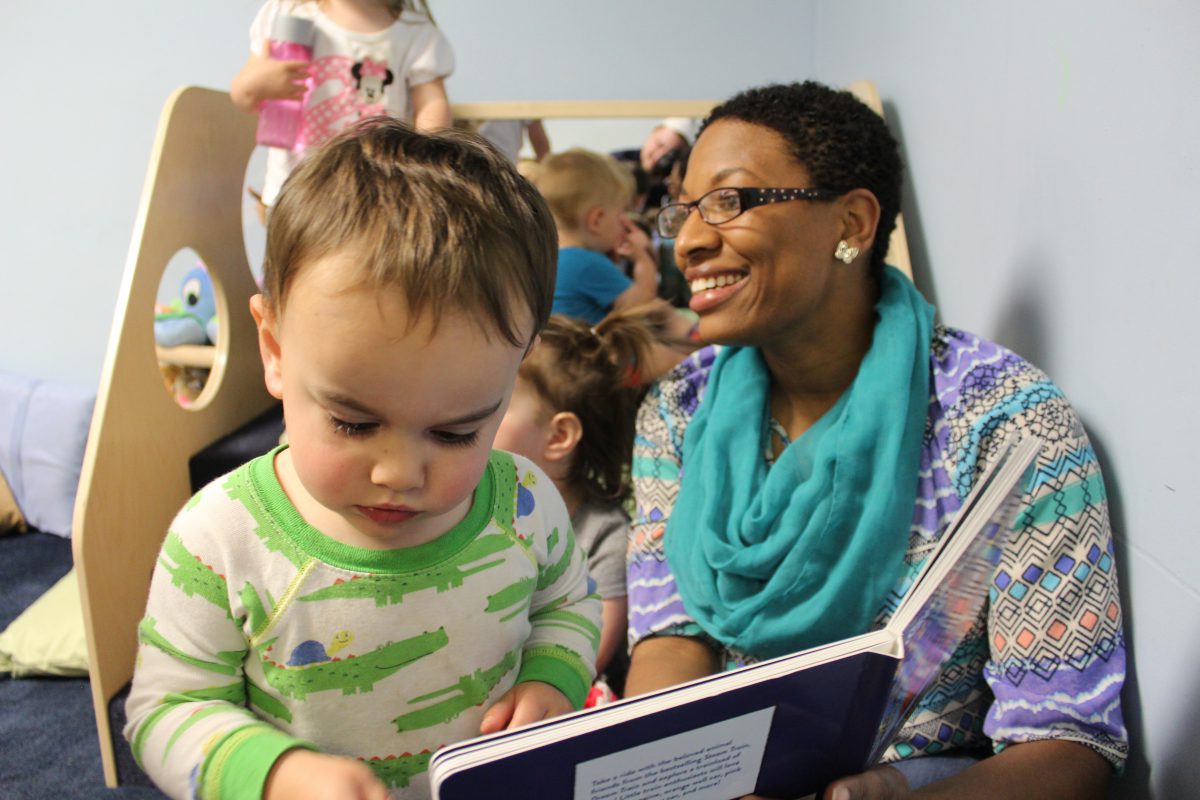
Empowering Educators: How Child Care Aware of Kentucky Strengthens Early Learning
We may not know who watches the watchmen, but we know who trains the trainers. Child Care Aware of Kentucky has a robust collection of content about adult learning to […]
-

Champion of Communication: Jacqui Kearns Honored with June Downing Award
Jacqui Kearns has respected and tried to further June Downing’s work for years. The organization that Downing was a part of has noticed. TASH, an organization where Downing once served […]
-
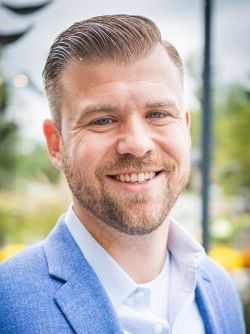
Leslie to lead Human Development Institute
As Dr. Mykal Leslie steps into his new role as Executive Director of the University of Kentucky Human Development Institute (HDI), he’s focused on returning to the core purpose of […]
-
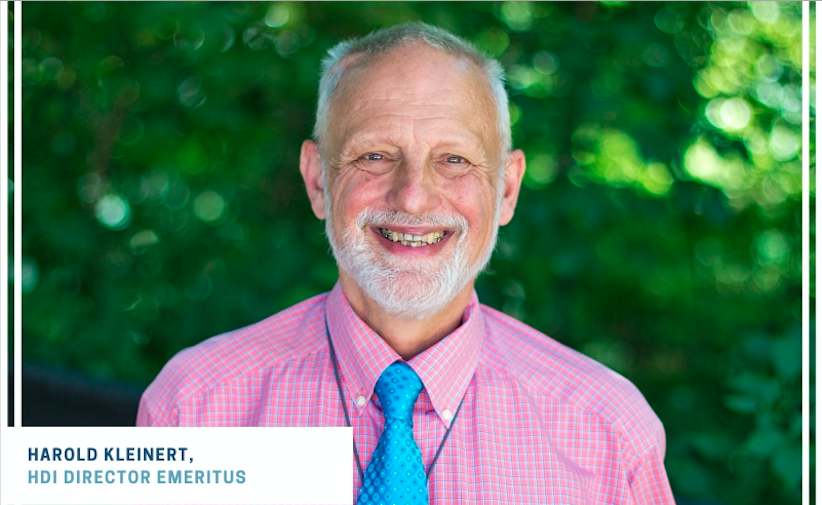
Staff spotlight: Dr. Harold Kleinert
One day, says Dr. Harold Kleinert with a laugh, his colleagues are going to decide he’s worked enough and tell him to properly retire. It hasn’t happened yet. Kleinert has […]
-

HDI LEND welcomes students!
It’s a new school year, and that means new students – and this time, it’s more new students than HDI has ever seen before. HDI is still offering its classes […]
-

Summer Leadership Experience 2025
It’s hard to figure out what to do after you graduate high school, but there are added complications when you have a disability. That’s where HDI’s Summer Leadership Experience Camp […]